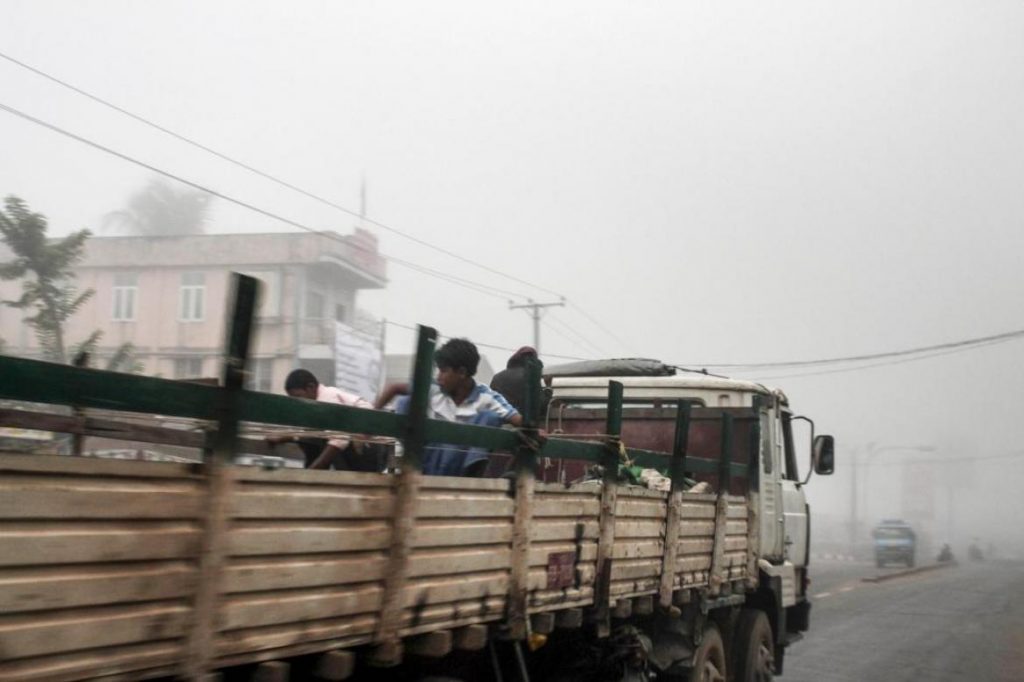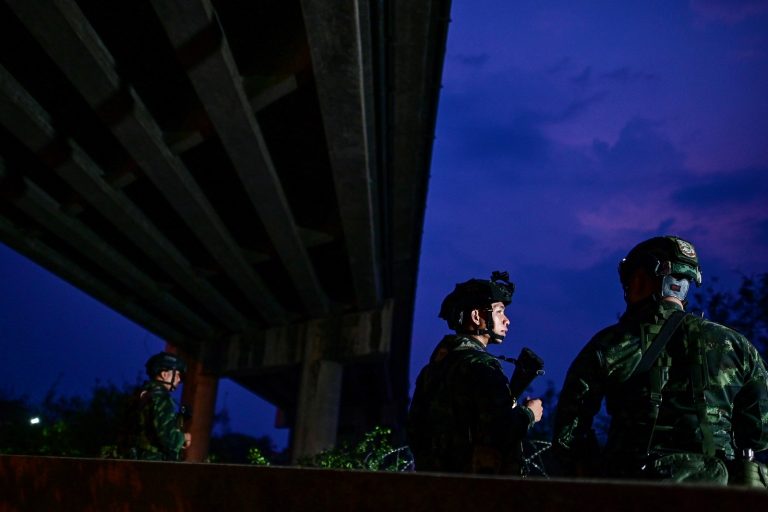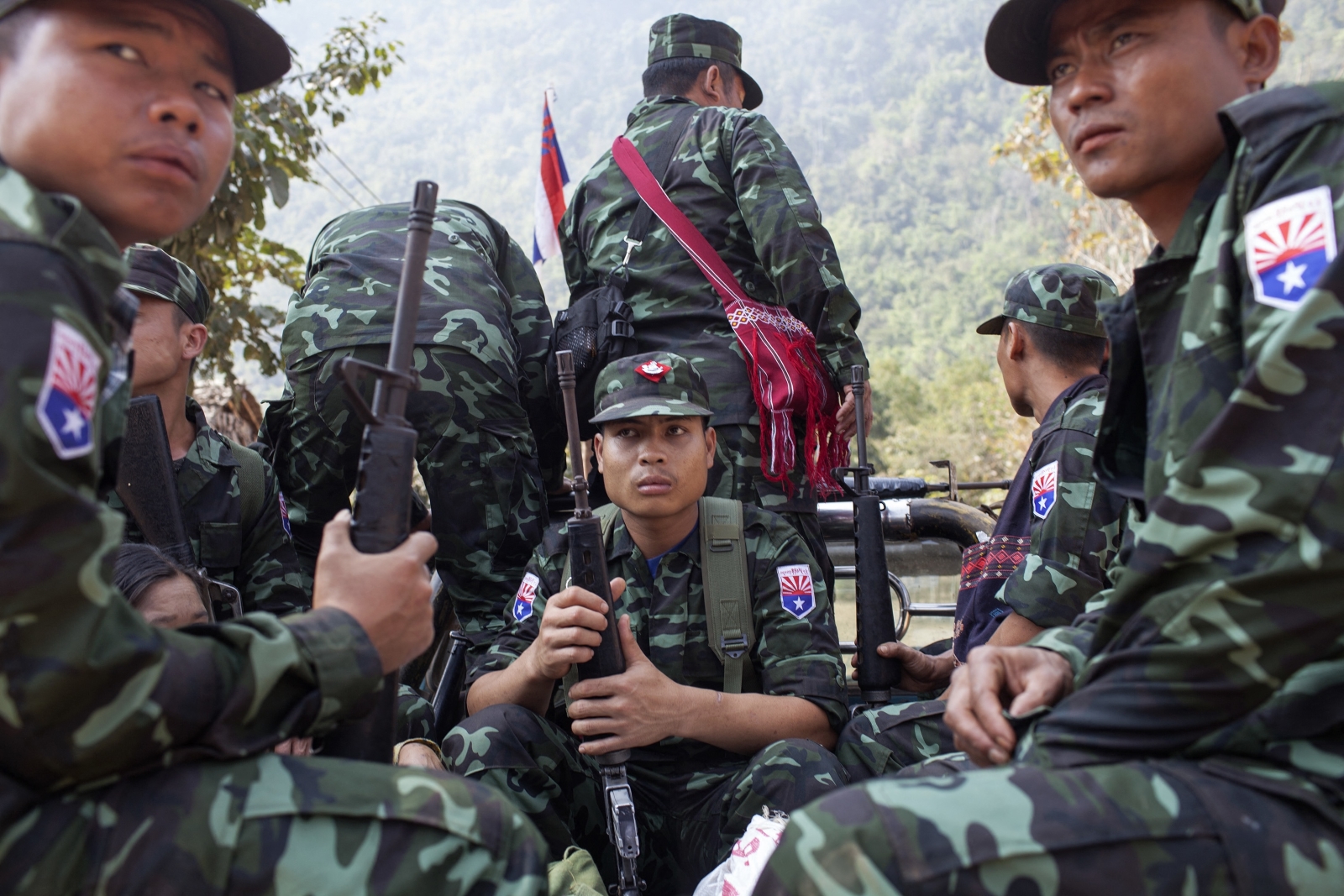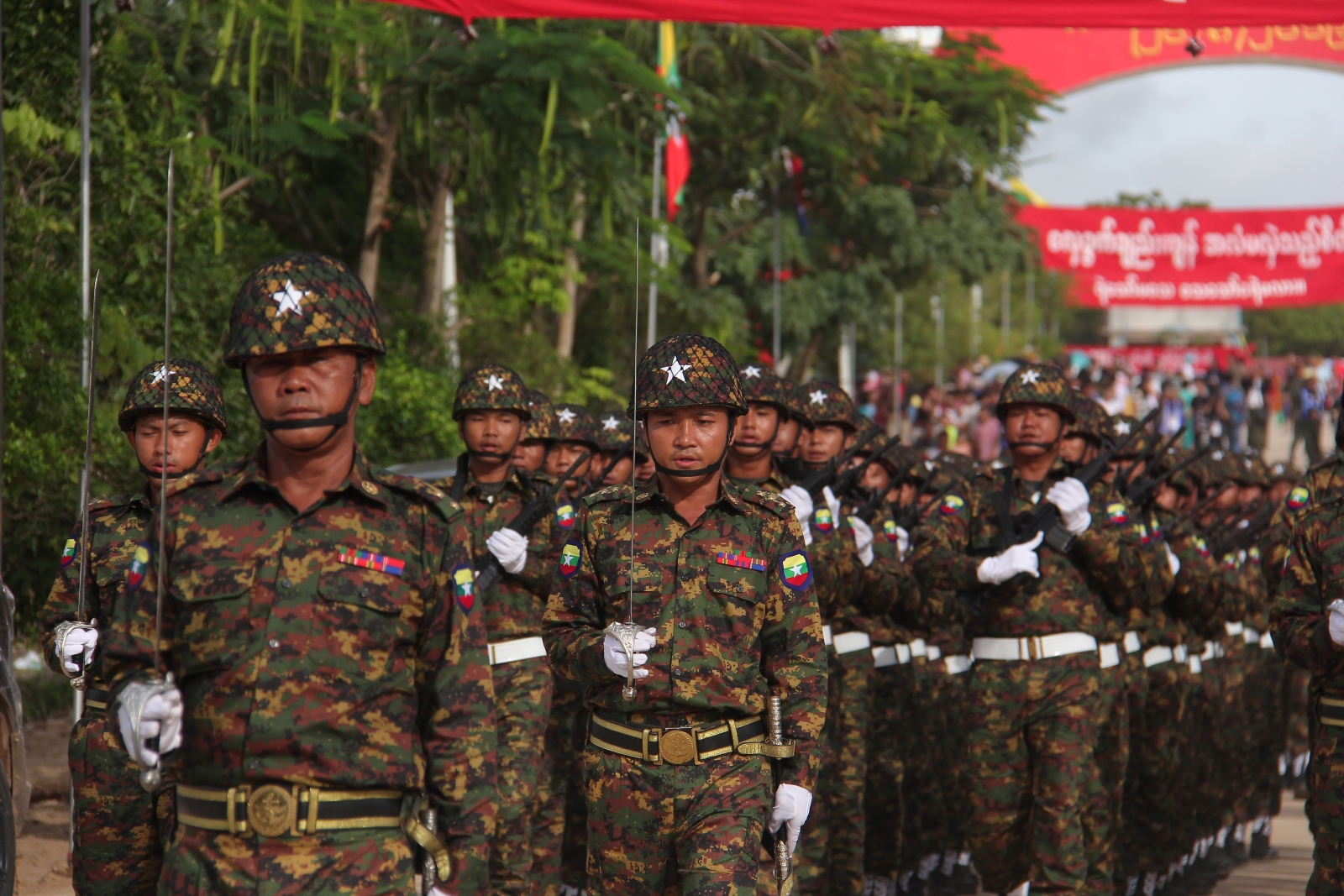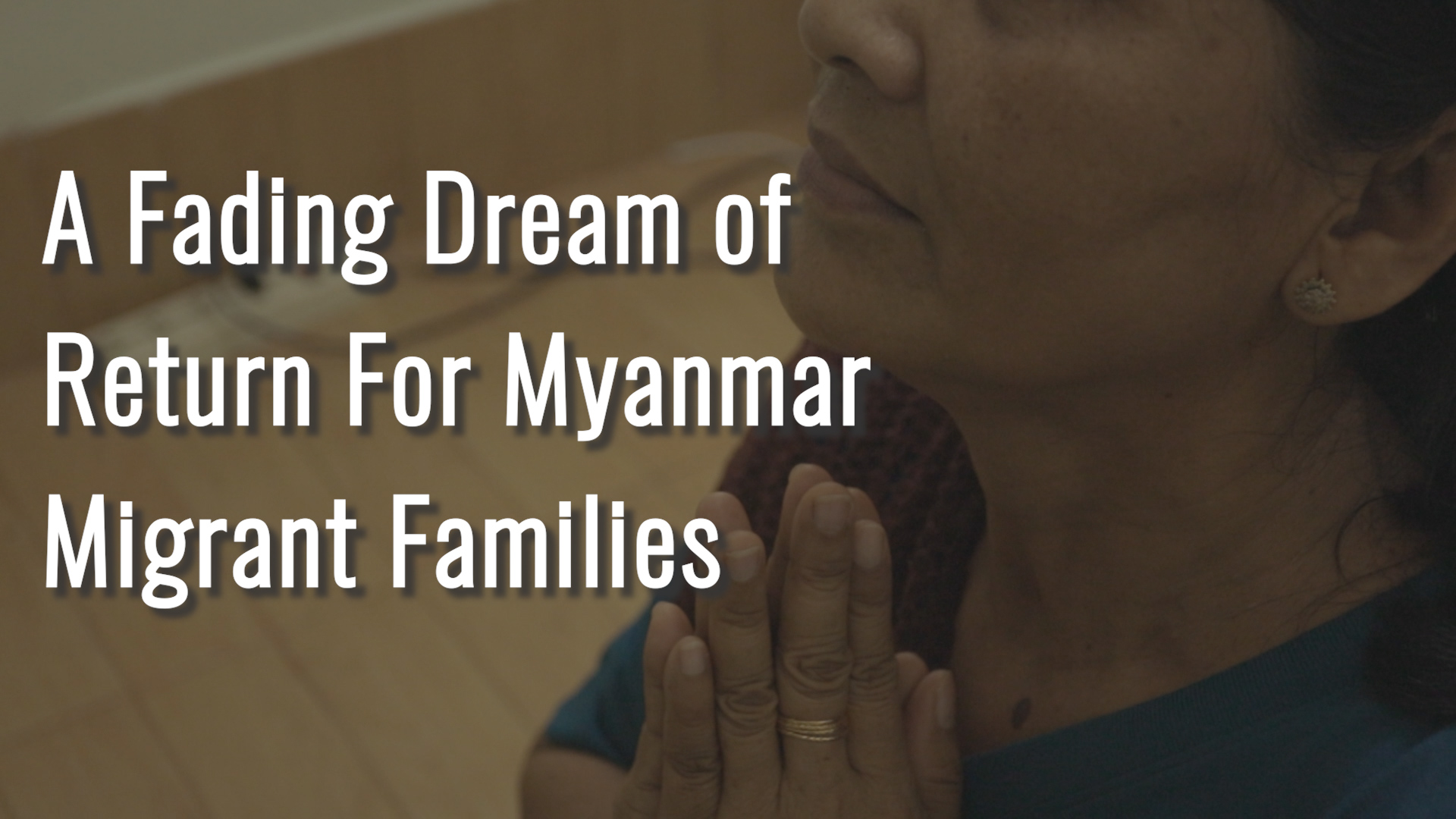The Karen National Union has demanded negotiations with the Union government over plans to resume building a two-lane highway between the Thai border and the Dawei Special Economic Zone in Tanintharyi Region.
The KNU said in a statement on February 1 that the Nationwide Ceasefire Agreement it signed in October 2015 stipulated that the government “must negotiate” with signatories over the implementation of socio-economic development projects.
The KNU, one of eight armed groups that signed the NCA in 2015, said that if work resumed on the highway, it would cut through pristine forests and rural communities under its control.
It said the government announced plans to resume work on the highway after reaching agreements with the Thai and Japanese governments on December 2 last year.
The KNU acknowledged that the project was an opportunity to demonstrate that socio-economic development projects in ethnic areas could provide significant benefits to local communities while protecting their security, culture and the natural environment.
Support more independent journalism like this. Sign up to be a Frontier member.
The statement listed four points addressed to the governments of Myanmar, Thailand and Japan, as well as the project’s developers and financial backers.
The first said that “in order to implement the project”, comprehensive environmental and social impact statements (ESIA) must be conducted in accordance with the laws of Myanmar, the Land and Forestry Police of the KNU, and international standards.
It also said negotiations with the KNU and other stakeholders must be held in advance to ensure sustainable development for local communities and revenue sharing between the Union and state or regional governments. Communities must have the right to participate in the negotiations, it said.
The implementation of the project must be based on the principle of free, prior and informed consent, the KNU said, adding that fair compensation for the loss of land and livelihoods must be finalised according to international standards and before any further steps. It also insisted on planning for environmental conservation programs as well as access for local communities to markets.
The fourth point called for the design and construction of the highway to avoid or minimize its impact on the environment, including forests, rivers and biodiversity, as well as Karen and other ethnic communities in affected areas.


